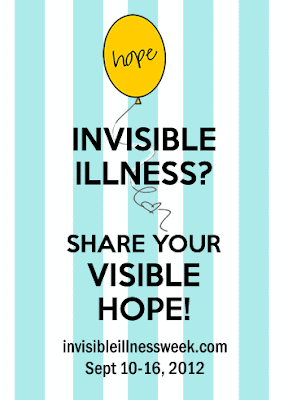Sometimes when I am driving the last leg home, I am still surprised that this ride, that this life, is mine. Thankfully it is a beautiful, scenic New England drive, full of vibrant leaves, pastoral fields and farms, antique houses, and marshy conservation lands, because it certainly isn’t a short drive. (Thankfully, too, I don’t commute to downtown Boston every day, or at rush hour.)
After I battle the pedestrians and buses and cyclists and congestion of Huntington Avenue all the way out of the city, then the traffic lights, construction, and congestion of my old neighborhood, and start the back roads route home the rest of the way, something in me shifts. I am less tense and anxious. There are fewer traffic lights, more people willing to let me change lanes or turn left, there is lots of sky and trees and the changing of seasons is so distinctive. As I cross from one town into the next, inching closer, I relax. I appreciate the scenery. I don’t care what’s on the radio. If my daughter is with me, we talk about the colors she sees on the trees, or what colors the horses are, or where the moon goes when the sun is up high.
Remember, this is coming from the person who, for fourteen years, has lived in the city or right at the edge, who has never been beyond a few minutes’ walk to coffee, Thai, and public transportation. When I lived in Dublin, I was around the corner from the Guinness Brewery and could smell the hops, and less than then minutes on foot from Trinity College and City Center. When I moved back to Boston from Washington, DC, I lived above a trendy restaurant in the South End, then directly across from the State House in Beacon Hill, then right at the intersection of three of the busiest roads in the city where the Jamaicaway, Rt. 9, and Huntington Ave meet. Even when we were on the outskirts, we were still on the D Line train, and had a commercial area with shops, cafes, and restaurants around the corner.
Admittedly, I was a suburban and exurban snob, and couldn’t imagine being far away from so much. I thrived on the proximity to people and places, and drew energy from the pace around me.
Until I didn’t anymore.
My favorite place in the world, my happy place, if you will, is Cape Cod. Just the thought of it brings up memories of long summer days, lots of cousins and family, time with my grandparents, and a freedom to be just be, instead of being a patient or a student, etc., that never existed like that in any other part of my life. We’d pack up the car for the summer and as soon as we crossed the bridge, I relaxed.
I love the beach and I love summer, but as an adult, my favorite time of year on the Cape is the fall and the very early spring, when the crowds are gone and the view is just as spectacular, if not more so because there is no else clamoring for the view. A short weekend trip or just an overnight gives me peace like nothing else. Even with wi-fi and deadlines and my briefcase and traffic at the bridge every time I am there, I breathe more deeply, I exhale more fully. There is less congestion in every sense of the word, and less pretense. I can’t think of a better way to describe it than that.
To a smaller degree, it’s that same content feeling I notice on my long drive home. We expected a lot of benefits (and challenges and drawbacks) from our move, but this I did not expect. I never thought I was someone who was suited for lots of trees and quiet, dark nights and small-town life. Place had a different meaning.
But somehow, it’s working. Life feels a little less out of control here. And with a lot of very hard, very heavy stuff going on behind the scenes lately, I will take serenity wherever I can find it.
And, in the spirit of new places, my new site, laurieedwardswriter.com, will be up and fully functional in the next day or so. This blog will still exist under this name over on the new site, and this current site will automatically redirect you to the new home for A Chronic Dose and you can still subscribe from there and update your feeds, but the blog will be one branch of a larger site dedicated to my books and my professional identity. It’s more than a much-needed design and function update. It’s taking ownership of a distinction that is fundamentally really important to me: that of a writer who is also a patient, not a patient who writes.
Anyway, I am really excited to move to the new site, and to change up the style, consistency, and frequency of my posts over there. Sometimes the best way to really find a groove again is to start from somewhere totally new.





